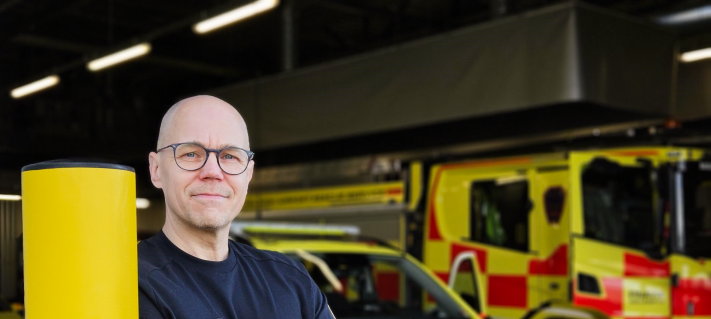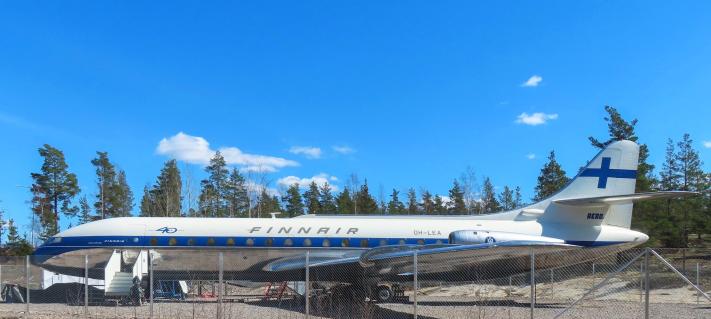The F100, an aircraft model by a German-Dutch manufacturer named Fokker, dominated the regional air transport market from the 1980s until the late 1990s. The plane type was well-known enough to be referenced in pop culture. For example, Fokker is mentioned in the 1999 song Helsinki-Vantaa by the famous Finnish group Ultra Bra. Why was this plane with a funny name so popular among airlines, and what killed off the Fokker company?
1. Established by Dutch aeroplane designer Anthony Fokker in 1912, Fokker was Europe’s oldest manufacturer of civil aircraft.
2. The Fokker 100 is a mid-range passenger aircraft with two Rolls-Royce Tay jet engines. It was developed in the 1980s as an updated, larger and more modern replacement for another passenger aircraft type, the F28 Fellowship. The F100’s first flight took place in 1986.
3. Operational costs of the Fokker 100 were low, which meant that airlines were able to make a profit even with only 30 percent of the aircraft’s seats filled. Additionally, thanks to its advanced electronic systems, the Fokker 100 was one of the easiest commercial jets to pilot in the 1980s. Therefore, major airlines such as KLM and Swissair took a liking to the model.
4. The plane type has been a favourite especially among regional airlines around the world. Throughout the years, almost 300 Fokker 100s were manufactured.
5. Initially, the Fokker 100 only had few challengers, but in the 1990s, the competition between manufacturers of mid-range aircraft got tougher. With the arrival of alternatives from, for example, the Brazilian manufacturer Embraer, the demand for F100s sank.
6. After suffering from financial hardship, Fokker went bankrupt in 1996. The company’s operations were sold to Deutsche Aerospace AG, a German competitor. As a result of insufficient demand, the new owner discontinued the manufacturing of the Fokker 100 in 1997.
7. As airlines have updated their fleets, the old Fokker 100s have gradually been taken out of use. Nonetheless, in 2016, more than a hundred F100s were still in use around the globe, for example in Australia, Asia and eastern parts of Europe.
8. Various players such as the Dutch Rekkof (Fokker spelled backwards), also known as the Netherlands Aircraft Company, have sought to bring back the Fokker 100, but for the time being, these plans have not realised.



